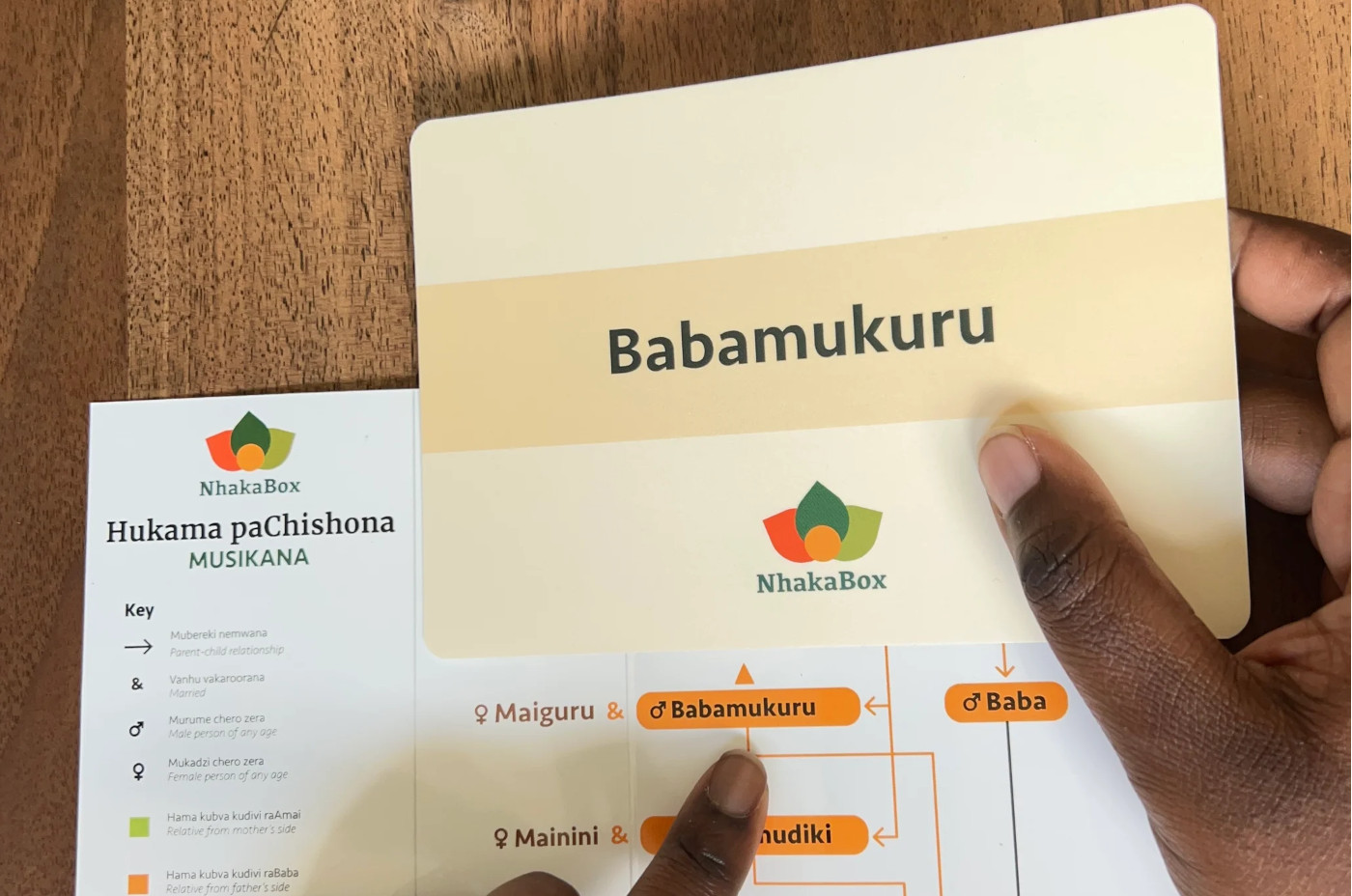I’m not Shona, but as a kid, I went to schools where learning Shona was compulsory. And I remember the moment I decided I’d had enough:
Your father’s father? Sekuru.
Your mother’s brother? Also Sekuru.
And—depending on the social dynamics (this still baffles me)—your 5-year-old cousin? Sekuru! Doesn’t matter you’re 20. Sekuru ndiSekuru. Oh, and that tiny cousin? To your dad, he’s Tezvara, or Baba even! Yes, guy is your father’s father even though he’s just 5.
I threw my hands up and onward preferred subjects with clearer rules.
But here’s the thing: those fluid, intricate relationships aren’t random at all — they’re part of a rich cultural relationship dance. Once you learn the steps, you appreciate the richness.
You can slot almost anyone into your family tree, blood-related or not – your Sekuru’s best friend? Sekuru, ofcourse!
Now that I live among the Shona, I want my kids to appreciate this heritage — not dismiss it like I did. So when a friend (a Zimbabwean raising his family in Europe) told me about NhakaBox, I was intrigued.
NhakaBox creates tools to teach Shona language and culture in a way that’s actually engaging—no dry textbooks. It includes visual charts, relationship cards, and an app.
They have charts called Hukama PaChiShona made up of two coluorful family charts showing how relationships are structured from both a boy’s and girl’s perspective. They have Family Title Cards which are flashcards that explain relationship terms in both Shona and English.
And if you’re thinking “this could totally be turned into a game,” they did just that. The Hama Hama Game is all about quickly identifying how different people are connected — like finding the connection between Sekuru and Mainini before your opponent does.
There’s also an app called Tsumo, available on both Apple and Android. It shares traditional Shona proverbs, and this is the one I’ve used. Nothing beats the look on my Shona in-laws’ faces when I casually drop a rich Tsumo they’ve never heard.
While NhakaBox’s seems to lean towards targeting Shona people — especially those in the diaspora — who want help teaching their kids about Shona relationships and values, it’s also perfect for Non-Shona Zimbabweans, Zambians, Malawians, Mozambicans etc… living amoung the Shona.
In addition I think even schools will find these tools are probably a step up from the usual ways Shona culture is taught.
I’m also guessing at some point, they’ll expand to other cultures in Zim. Maybe even beyond! The few interactions I’ve had with the Ndau culture and language in the extended family have been nothing short of super fascinating and even entertaining!

Comments
2 responses
NhakaBox makes Shona culture accessible and fun—even for adults who aren’t experts! It’s a great way to learn and enjoy traditions in an engaging, easy-to-understand way.
NhakaBox does an amazing job making Shona culture both accessible and enjoyable! It’s perfect for anyone—whether you’re an expert or just curious—to learn and appreciate the traditions in a fun, engaging way.